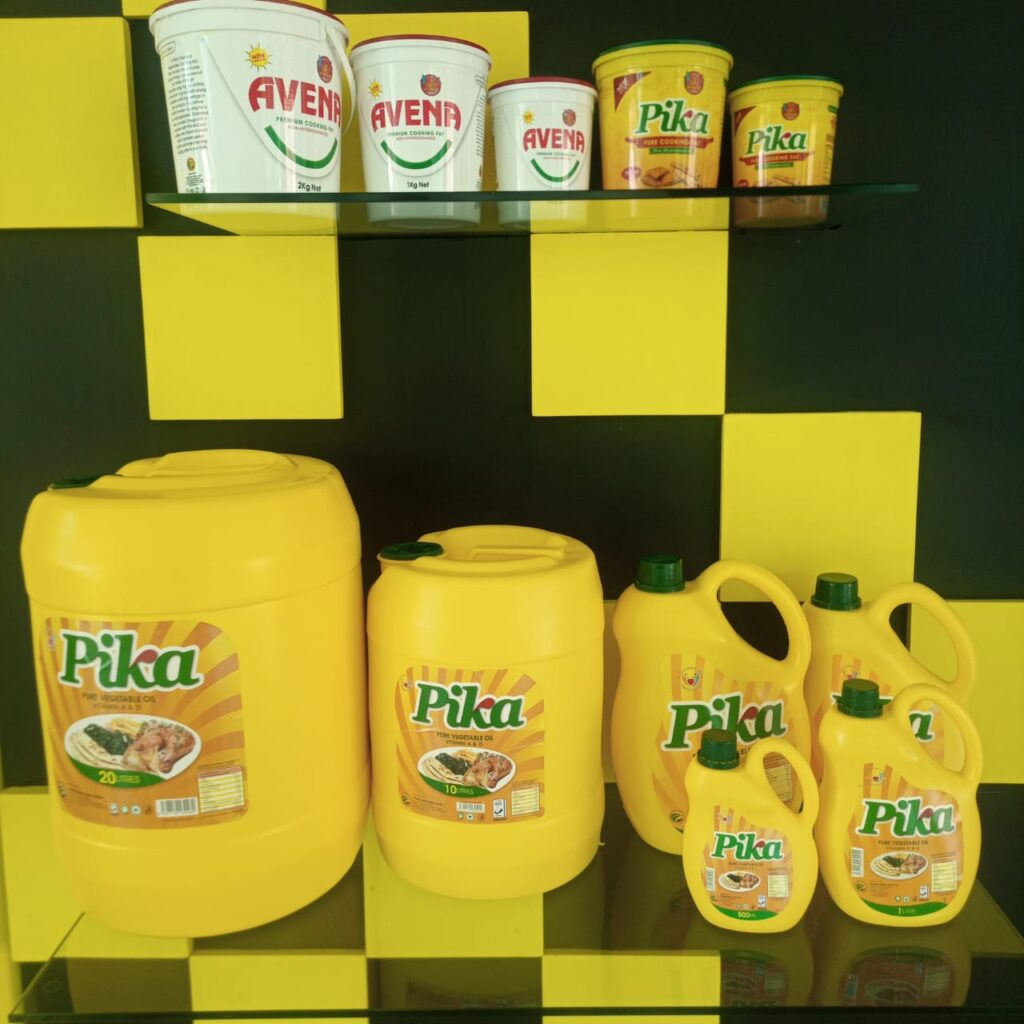This is Why The Price of Cooking Oil Keep on Rising Everyday

Many Kenyan households have been shocked by the sudden rise in the prices of commodities in the recent days despite a general drop in inflation for the past two months.
One outstanding product that its price has more than doubled in a couple of months is cooking oil.
Abdulghani Alwojih, the Chairman of the edible oil Sub-sector of the Kenya Association of Manufacturers (KAM) says that it’s a global shortage of raw materials that has led to the recent hike.
“The COVID pandemic greatly affected the two greatest producers of Crude Palm Oil Globally; Indonesia and Malaysia, which had to lockdown the country crippling harvesting and milling activities. This caused a fall in the supply amidst steady demand resulting in an inevitable price hike,” Alwojih told Business Hub.
Multiple taxations from the government have also increased on products directly associated with cooking oil.
The government introduced a 10percent duty on plastic containers with the ministry of Agriculture is also to enforce a 2 percent levy on all crude Palm oil (and other crop nuts).
The chairman who is also the General Manager of Golden Africa Limited noted that the high cost of fuel and electricity locally has raised the cost of production of the commodity.

“Crude Palm Oil, is transported by tankers from Mombasa terminal storages to the refineries in the inland. This increases the cost of transport and hence cost of Production. This high fuel cost has also driven up the cost of electricity, with obvious expected high costs to accompany it,” he added.
Alwojih says that the manufacturers have taken an empathetic approach to not pass the full effect of these compounded factors to the consumers understanding the hard-economic times and hence reduction in purchase power of Kenyans.
“Working within COVID protocols has also increased the cost of doing business in provision of sanitizers, masks, and increased transport resources due to social distancing. This is also in a bid to keep employment for the people depending on the sector.”
With the recent government move to mop up liquidity from the market, the forex situation in the country especially against the dollar has greatly increased the cost of importing raw materials.
The dollar was trading at Ksh113 as at Thursday evening from 103 six months ago- slightly over 10% increase.
The increased demand for cargo containers due to lockdowns cutting the cycle of containers in and out of countries, this has greatly increased the cost of freight.
He says the private sector seeks government support help cushion Kenyans further from the effects of the global economic downturn.





